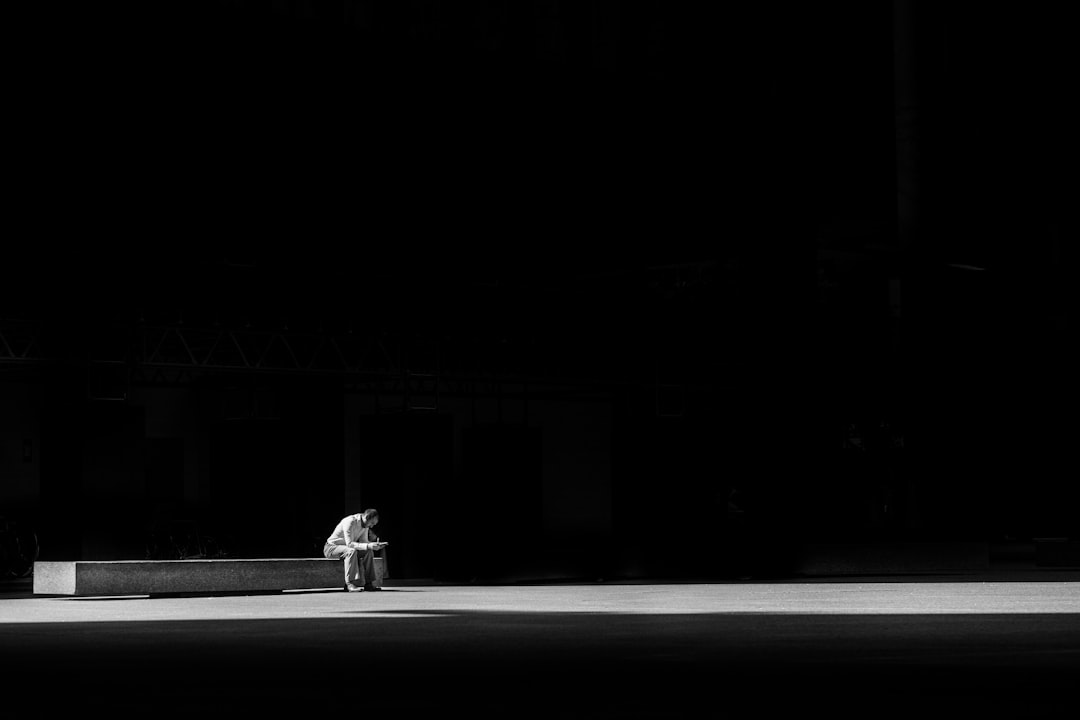Trapped By Liberalism
If we know how to live better, why is it so hard to apply that good sense to our own lives?
In my latest Washington Post column, I got a bit personal and shared some of my recent worries about alternative lives that I might have lived. What if I had, say, gotten married in my twenties?
As some of you may know, I’ve long struggled with the blurred edges between private and public, between the personal and political. For instance, I feel like I have a pretty good sense of how to live, which raises the intriguing—and persistent—question of why I seem so unable to apply that good sense to my own life, which would seem, at least to me, to be the most important.
As an editor once put it, “authors write the books they need to read.” More often than not, I’m writing to myself, and hoping that my own interior conversations might speak to something deeper, and avoid devolving into the merely navel gazing.
I’ve often described myself as a liberal who’s critical of liberalism, which seems like an appropriately liberal thing to be. My mixed feelings towards liberalism aren’t just a matter of dispassionate analysis of an ideological orientation and how it plays out in the realm of the political. My discomfort with liberalism is also the result of the degree to which I blame it for my own sense of something being not quite right. This is how I described it in the final paragraph of my column:
In other words, we are trapped. If spiritual or religious traditions have largely disappeared from our lives, we can work consciously and deliberately to reintroduce them or strengthen the ones that we have held on to. I hope to do some of this in 2024. Constraints can be liberating. But no matter what we choose, we make a choice.




